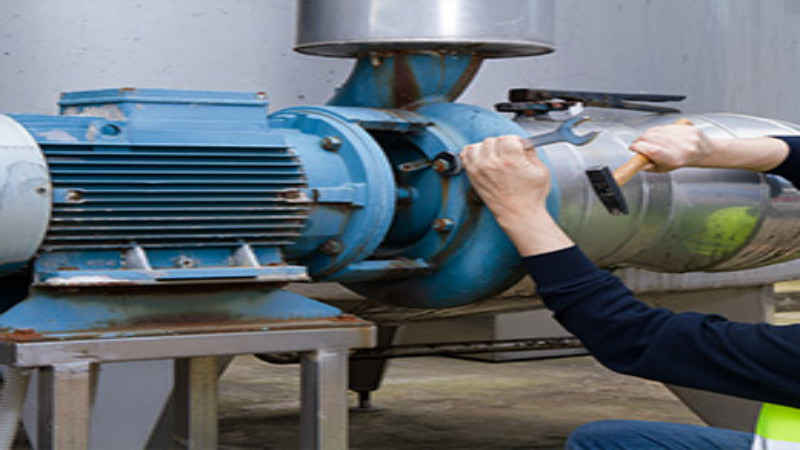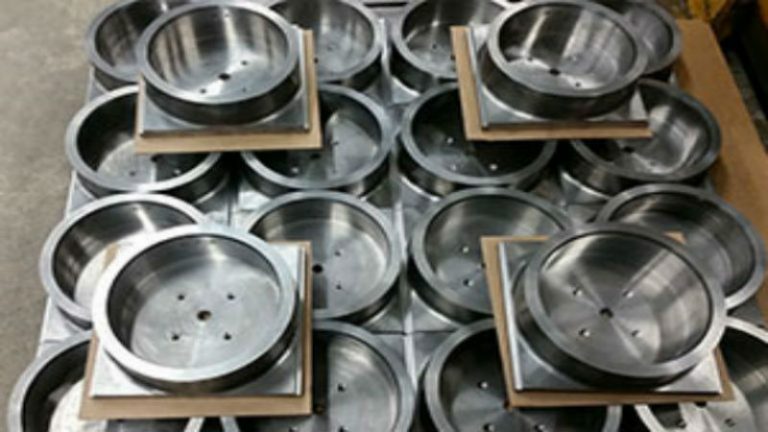Aerospace machining, especially in the aerospace sector, is a critical topic within the engineering profession. This specialist sector focuses on stringent standards and exceptional performance in the precision manufacturing of components used in airplanes and spacecraft. Beyond simple part manufacture, this field is essential to guarantee the safety, efficiency, and general functionality of aerospace vehicles.
The Importance of Precision in Aerospace Component Manufacturing
Aerospace machining is the application of many methods meant to generate parts with extraordinary dependability and accuracy. Precision machining is, therefore, critical as the sector expects every component to withstand harsh conditions, including high pressure and temperature swings. Turning, milling, and grinding are among the techniques commonly used in this industry to meet the precise requirements for aerospace uses. The focus on accuracy in this field is one essential feature. We must produce every element to exact tolerances to ensure its expected operation. This accuracy is critical since even the tiniest variation can cause big problems that compromise the general functionality and safety of the airplane or spacecraft.
Advancements in Computer Numerical Control for Aerospace Manufacturing
A development in the area provides improved manufacturing process efficiency and accuracy. Computer numerical control, or CNC, is the use of computer systems to control machine tools. This technology’s highly accurate and repeatable machining techniques are critical for manufacturing aerospace components that meet exacting quality criteria. CNC aerospace machining enables producers to produce intricate parts with remarkable accuracy and consistency. Precision specification programming for machines and automated task performance help to lower the possibility of human error, improving the general quality. Furthermore, this technology enables the creation of complex designs that conventional machining techniques would find challenging.
Apart from accuracy, CNC aviation machining provides production process efficiency and flexibility. Running several processes on a single setup and quickly changing machine settings help to simplify manufacturing and shorten production times. This efficiency is important in the aircraft sector, where prompt delivery and cost savings are critical.
Challenges and Innovations:
Both the methods and technologies used in this field are constantly evolving, much like the aerospace sector itself. For machinists, innovations in production techniques and materials offer both possibilities and problems. Because of their distinctive qualities, advanced materials such as titanium alloys and composites call for particular machining methods. Adapting to these new materials while maintaining the high degrees of accuracy required is one of the challenges in this area. Manufacturers must develop and apply new equipment and methods to efficiently operate with these materials, ensuring that they meet the aerospace industry’s strict criteria.
This specialized machining is vital in supporting aircraft and spacecraft performance, safety, and efficiency. Cutting-edge technology and techniques, such as CNC aerospace machining, ensure the production of components that meet the highest standards. As the sector develops, constant innovations and modifications will help to define the direction of aviation machining, improving manufacturing capacity and precision.

